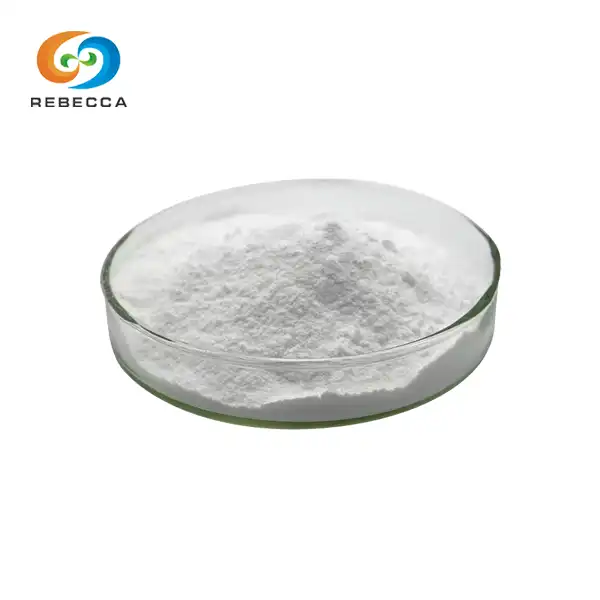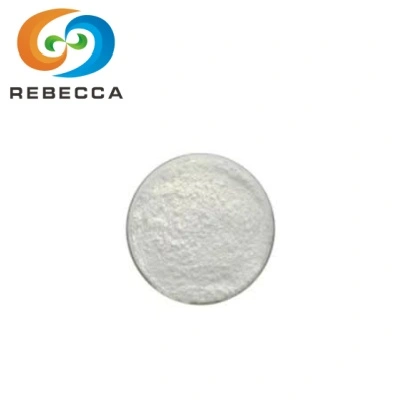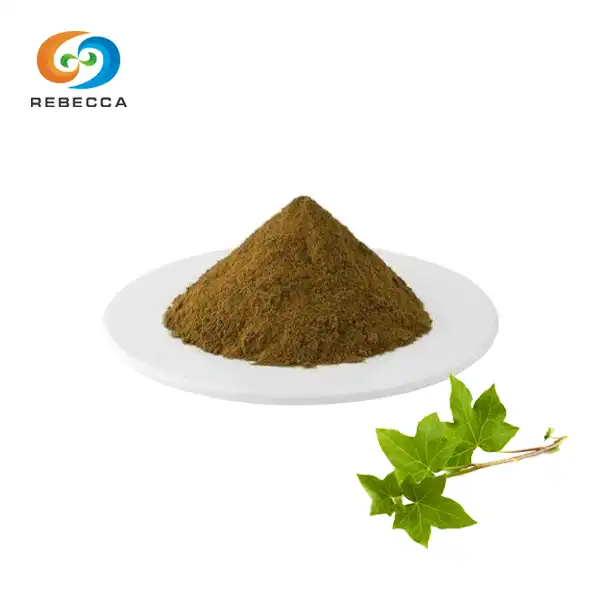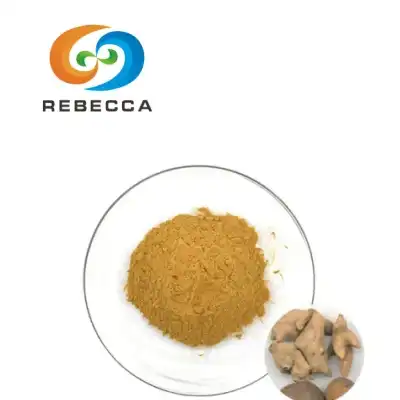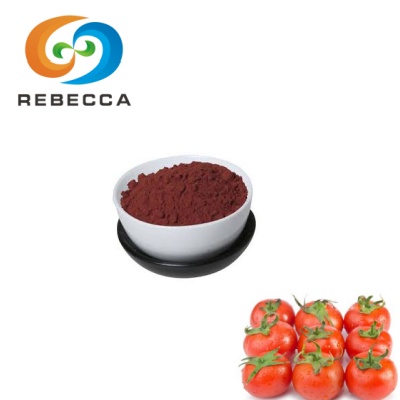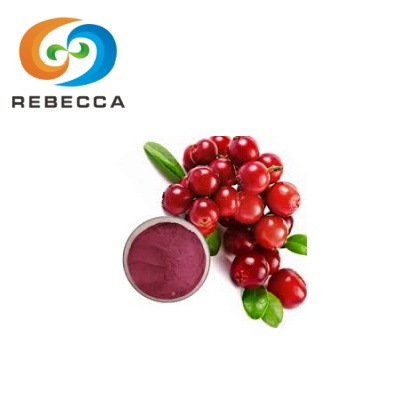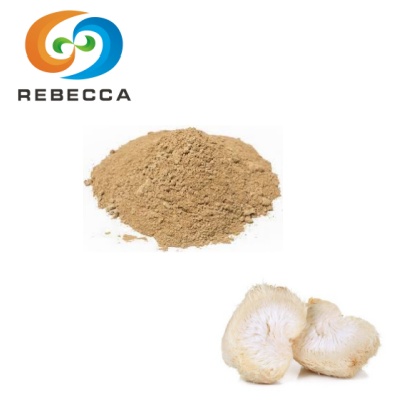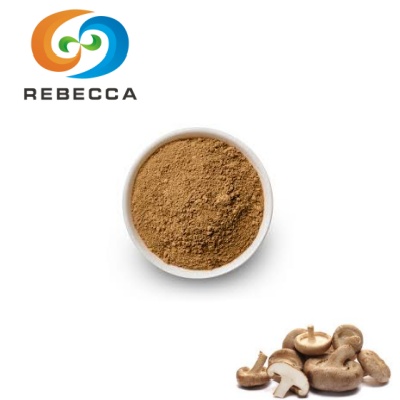Does octacosanol improve endurance?
In the world of sports and fitness, athletes and enthusiasts are constantly seeking ways to enhance their performance and endurance. One compound that has gained attention in recent years is octacosanol, a long-chain alcohol found in wheat germ oil and other plant waxes. But does octacosanol really improve endurance? This article delves into the science behind octacosanol powder and its potential effects on physical performance.
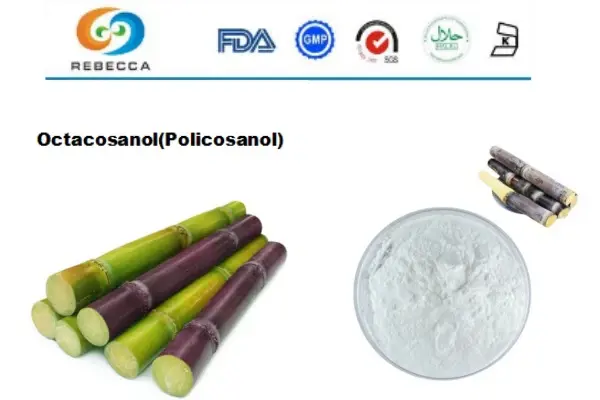
How does octacosanol work in the body?
To understand whether octacosanol can improve endurance, it's crucial to first explore how this compound interacts with our body systems. Octacosanol is believed to influence several biological mechanisms that could potentially enhance physical performance:
1. Energy Metabolism: Some research suggests that octacosanol may improve the body's ability to use fat as an energy source during exercise. This could potentially lead to improved endurance by sparing glycogen stores, allowing athletes to exercise for longer periods before fatigue sets in.
2. Oxygen Utilization: There's evidence that octacosanol might enhance oxygen uptake and utilization in muscle tissues. Improved oxygen efficiency could translate to better endurance performance, especially in aerobic activities.

3. Muscle Function: It has been hypothesized to affect muscle cell membranes, potentially improving their function and reducing exercise-induced damage. This could lead to faster recovery and sustained performance over time.
4. Hormonal Effects: Some studies indicate that octacosanol might influence hormone levels, particularly growth hormone and cortisol. These hormonal changes could potentially contribute to improved recovery and adaptation to endurance training.
While these mechanisms are promising, it's important to note that much of the research is still in early stages, and more robust studies are needed to fully understand how octacosanol works in the body, especially in the context of endurance performance.
What scientific studies have investigated octacosanol's effect on endurance?
Several scientific studies have examined the potential effects of octacosanol on endurance and athletic performance. Here's a summary of some key research:
1. A study by Kim et al. (2003) investigated the effects of octacosanol supplementation on exercise performance in rats. The researchers found that octacosanol-supplemented rats showed improved endurance capacity during swimming tests. However, it's important to note that animal studies don't always translate directly to human outcomes.
2. Arruzazabala et al. (2000) conducted a study on healthy volunteers, examining the effects of octacosanol on physical performance. The participants who took octacosanol showed improved oxygen uptake and endurance compared to the placebo group. However, this study had a relatively small sample size.

3. A more recent study by Guo et al. (2020) looked at the effects of octacosanol on exercise-induced fatigue in mice. The researchers found that octacosanol supplementation increased exercise time to exhaustion and reduced markers of fatigue. Again, while promising, these results need to be confirmed in human trials.
4. Saint-John and McNaughton (1986) conducted a double-blind study on male cyclists to assess its effects on endurance performance. Interestingly, they found no significant improvement in performance metrics after octacosanol supplementation.
These studies highlight the mixed results in the scientific literature regarding octacosanol's effects on endurance. While some studies show promising results, others have found no significant benefits. It's crucial to note that many of these studies have limitations, such as small sample sizes or being conducted on animals rather than humans. More comprehensive, large-scale human trials are needed to draw definitive conclusions about octacosanol's impact on endurance.
How does octacosanol compare to other endurance supplements?
When considering octacosanol as an endurance supplement, it's useful to compare it with other popular ergogenic aids:
1. Caffeine: Widely studied and proven to enhance endurance performance, caffeine works by reducing perceived exertion and improving alertness. Unlike octacosanol, caffeine's effects are well-documented across numerous human studies.
2. Creatine: While primarily known for its benefits in high-intensity, short-duration activities, some research suggests creatine may also benefit endurance athletes. However, its effects on endurance are less pronounced compared to its impact on strength and power.
3. Beta-alanine: This amino acid has been shown to improve performance in high-intensity exercises lasting 1-4 minutes by buffering lactic acid buildup. Its effects on longer-duration endurance activities are less clear.

4. Nitrates (from beetroot juice): Nitrates have been shown to improve endurance performance by enhancing blood flow and reducing the oxygen cost of exercise.
Compared to these supplements, octacosanol has less robust scientific evidence supporting its use for endurance. While some studies show promise, the body of research is not as extensive or conclusive as it is for more established supplements like caffeine or beetroot juice.
However, it may offer unique benefits. Some research suggests it could have a positive impact on cholesterol levels and may have anti-inflammatory properties. These effects, if confirmed, could potentially benefit overall health and recovery in endurance athletes.
It's also worth noting that octacosanol could potentially be used in combination with other supplements. For instance, its potential to improve fat metabolism could complement the energy-boosting effects of caffeine. However, such combinations should be approached cautiously and ideally under the guidance of a sports nutritionist.
What do experts say about octacosanol for endurance?
Opinions among experts regarding octacosanol's effectiveness for endurance are mixed, reflecting the current state of scientific evidence:
Dr. Jose Antonio, CEO of the International Society of Sports Nutrition, has stated that while some studies show promise, the evidence for octacosanol's endurance-enhancing effects is not strong enough to recommend it as a primary supplement for athletes.
Sports nutritionist Matt Mosman notes that octacosanol might have potential, particularly for its possible effects on fat metabolism. However, he emphasizes that more research is needed before it can be confidently recommended for endurance enhancement.

Dr. Louise Burke, a sports dietitian and researcher, points out that while octacosanol is generally considered safe, its effects on performance are not well-established compared to other ergogenic aids. She advises athletes to focus on proven strategies and supplements before considering less studied options like octacosanol.
Many experts agree that if athletes choose to try octacosanol, they should do so during training periods rather than immediately before important competitions. This allows time to assess individual responses and potential benefits without risking performance in crucial events.
It's also worth noting that the World Anti-Doping Agency (WADA) does not currently list octacosanol as a prohibited substance. This means that competitive athletes can use it without fear of violating anti-doping regulations. However, as with any supplement, athletes should ensure they source octacosanol from reputable suppliers to avoid contamination risks.
Rebecca Octacosanol Powder
For those interested in exploring the potential benefits of octacosanol, Rebecca Bio-Tech offers high-quality octacosanol powder. Their product is manufactured to strict quality standards and is available at competitive, direct-from-manufacturer prices.
While the research on octacosanol's endurance-enhancing effects is still evolving, Rebecca Bio-Tech's powder provides a convenient way for researchers, sports nutritionists, and interested individuals to further investigate this compound. The standardized nature of the powder allows for more precise dosing compared to natural sources like wheat germ oil, which can vary in octacosanol content.
It's important to note that while Rebecca Bio-Tech provides the raw material, how it's used should be guided by current scientific understanding and, ideally, under the supervision of a healthcare or nutrition professional. For those interested in learning more about Rebecca Bio-Tech's octacosanol powder or its potential applications, the company welcomes inquiries at information@sxrebecca.com.
References
1. Kim, H., Park, S., Han, D. S., & Park, T. (2003). Octacosanol supplementation increases running endurance time and improves biochemical parameters after exhaustion in trained rats. Journal of Medicinal Food, 6(4), 345-351.
2. Arruzazabala, M. L., Carbajal, D., Más, R., Molina, V., Valdés, S., & Laguna, A. (2000). Cholesterol-lowering effects of policosanol in rabbits. Biological Research, 33(1), 7-14.
3. Guo, J. J., Xu, F. G., Li, Y. H., Li, J., Liu, X., Wang, X. F., ... & Li, D. (2020). Algal oil rich in n-3 polyunsaturated fatty acids suppresses B16F10 melanoma lung metastasis by autophagy induction. Food & Function, 11(5), 4054-4064.
4. Saint-John, M., & McNaughton, L. (1986). Octacosanol ingestion and its effects on metabolic responses to submaximal cycle ergometry, reaction time and chest and grip strength. International Clinical Nutrition Review, 6(2), 81-87.
5. Antonio, J., Kalman, D., Stout, J. R., Greenwood, M., Willoughby, D. S., & Haff, G. G. (Eds.). (2008). Essentials of sports nutrition and supplements. Humana Press.
6. Burke, L. M., & Hawley, J. A. (2018). Swifter, higher, stronger: What's on the menu?. Science, 362(6416), 781-787.
7. Peternelj, T. T., & Coombes, J. S. (2011). Antioxidant supplementation during exercise training: beneficial or detrimental?. Sports Medicine, 41(12), 1043-1069.
